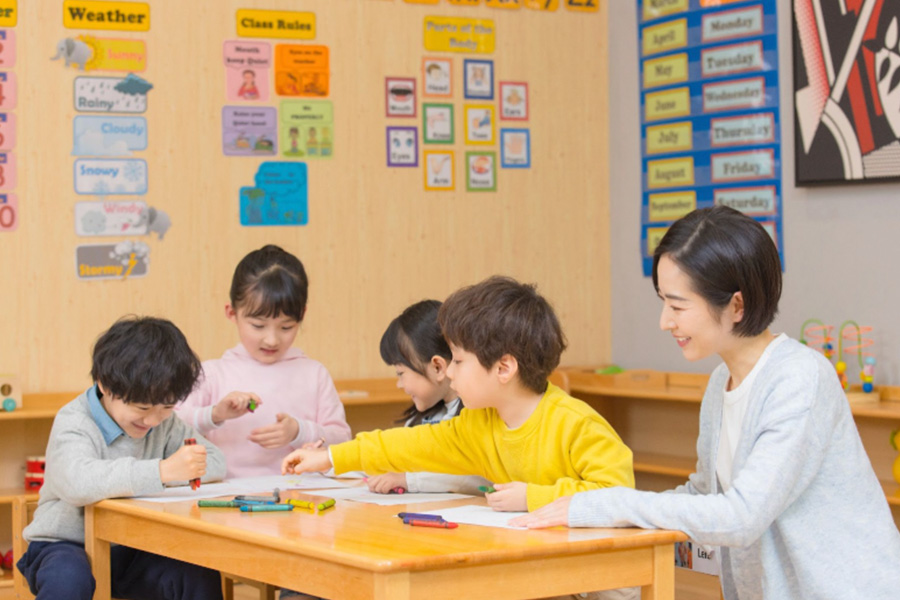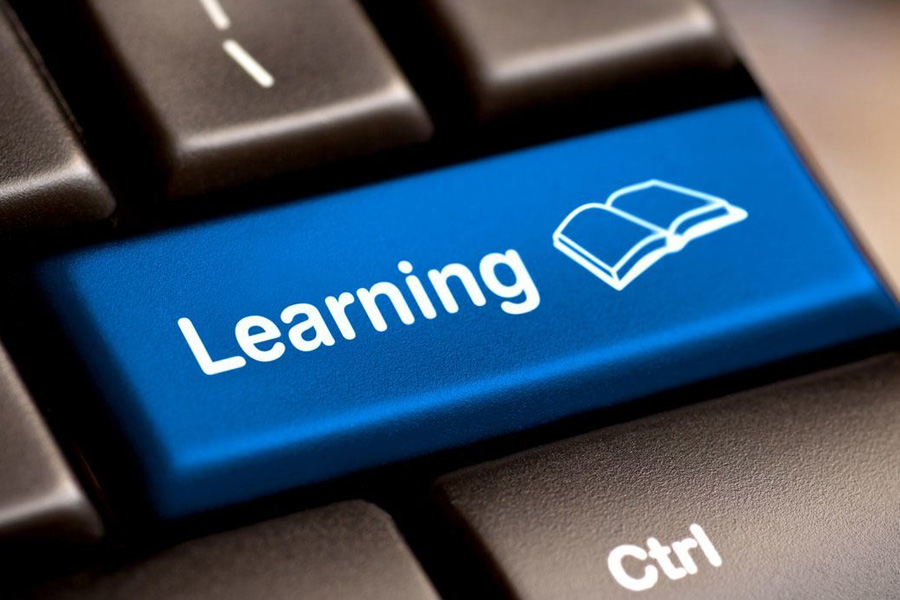Trending Posts
Main News
Editor Pick
Education
Home Schooling
Online Education
Archives
Categories
Recent Post
7 Signs Your Child Will Thrive In A Private Education Path
Parents explore private education in Singapore when they want a learning environment that provides attention,…
Unlocking Your Future in Beauty: Discovering the Best Cosmetology Academy
Choosing the Right Academy: What Sets the Best Apart Accreditation and Reputation: The Cornerstones of…
Why Mandarin Preschool Exposure Builds Brighter Thinkers
Children absorb language faster than adults, which makes the preschool years a golden window for…
7 Reggio Emilia Preschool Learning Secrets in Singapore Every Parent Should Know
Parents in Singapore today face a delightful dilemma: how do you choose the right preschool…























